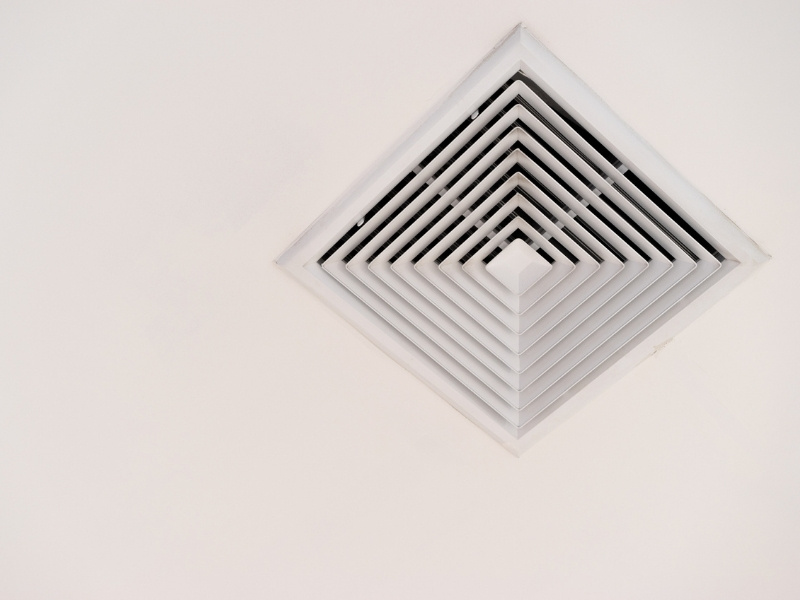Summers in Columbus, OH are known for hot temperatures and high humidity, and that combination can push your air conditioning system to its limit. When your system is working harder than usual, it’s easy for energy bills to climb and comfort levels to drop. The good news is that there are practical steps you can take to make sure your system runs at its best. With the right balance of professional care and everyday habits, you can keep your home cool, improve efficiency, and avoid unnecessary repair calls. Here’s how to get the most out of your AC system this summer.
Key Takeaways
- Annual maintenance keeps your system efficient and reliable.
- Smart thermostat settings help reduce energy waste.
- Clear airflow and proper humidity control improve comfort.
- Simple upkeep tasks prevent bigger problems later.
Schedule Preventive Maintenance
If there’s one step that makes the biggest impact on your AC’s performance, it’s scheduling professional maintenance. A seasonal tune-up allows a technician to catch small problems before they turn into bigger, more expensive repairs. During a maintenance visit, your system’s refrigerant levels are checked, coils are cleaned, and electrical components are tested to ensure safe operation. These adjustments not only help the system run more efficiently but also reduce the likelihood of a breakdown on the hottest days of summer. It really is the best way to protect your investment.
Use Your Thermostat Wisely
A well-programmed thermostat can make a big difference in both comfort and energy savings. Programmable thermostats let you set a cooling schedule that matches your routine. Smart thermostats take it a step further by learning your habits and making adjustments automatically. In Columbus, where daytime highs often reach into the 80s and 90s, being able to control your cooling settings is especially helpful.
Keep Airflow Unobstructed
Airflow is one of the most overlooked parts of keeping your AC running smoothly. Your system depends on steady air circulation to cool your home evenly. When vents are blocked by furniture, rugs, or curtains, it makes the system work harder. Similarly, closing vents in unused rooms may seem like a way to save energy, but it actually creates pressure imbalances that strain the system and reduce efficiency.
Walk through your home and make sure vents and registers are clear. This simple step can help your AC cool more effectively, improve indoor comfort, and extend the life of the system.
Control Indoor Humidity
Columbus summers are both hot and humid. High indoor humidity can make your home feel warmer than it is, forcing your AC to run longer. While your system naturally removes some moisture from the air, adding a whole-home dehumidifier can provide extra comfort. By keeping humidity levels in check, you’ll notice a cooler, fresher environment and less strain on your system. Reduced humidity also helps protect your home from excess moisture that can damage wood, furniture, and other materials over time.
Simple Upkeep You Can Do
While professional maintenance should always be a priority, there are smaller tasks you can handle on your own. Replacing or cleaning air filters on a regular schedule is one of the easiest and most effective ways to help your system. Clogged filters restrict airflow, cause the system to work harder, and can lead to poor indoor air quality. Most homeowners should plan to check filters every month and replace them every 1–3 months, depending on use and household conditions.
Keep Your Home Comfortable All Summer
By combining professional maintenance with smart everyday practices, you can keep your Columbus, OH home comfortable throughout the hottest days of summer. Not only will you enjoy a cooler, more consistent indoor environment, but you’ll also save on energy costs and reduce the risk of unexpected breakdowns. At Custom Air, we offer expert AC maintenance and repair to keep your system performing at its best.
FAQs
How often should I replace my air filter?
Every 1–3 months, depending on your system and household needs. Homes with pets or allergies may require more frequent changes.
What temperature should I set my thermostat in summer?
The U.S. Department of Energy recommends 78°F when you’re home and higher when you’re away to save on cooling costs.
Why is my AC running but not cooling well?
Common issues include dirty coils, low refrigerant, or restricted airflow. A professional tune-up can diagnose and fix the problem.
Is preventive maintenance really necessary?
Yes. Regular maintenance ensures better efficiency, reduces breakdown risks, and extends your system’s lifespan.
Can humidity affect how cool my home feels?
Absolutely. High humidity makes the air feel warmer, while proper humidity control allows your AC to cool more effectively.
Image provided by Canva



